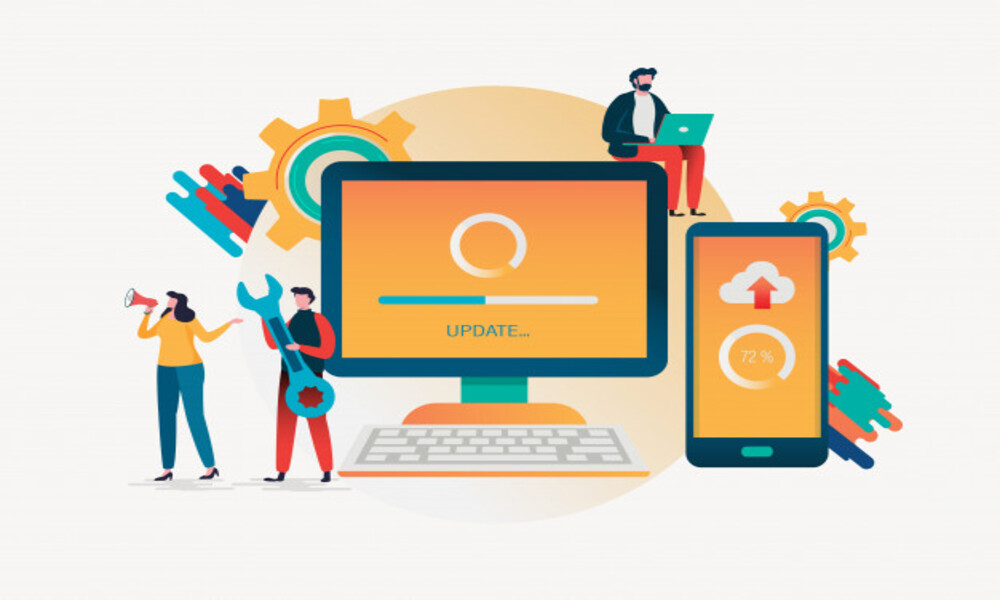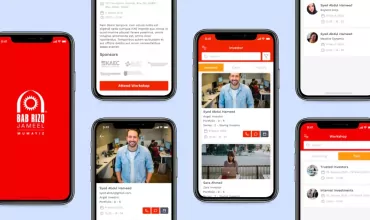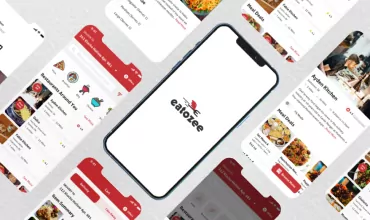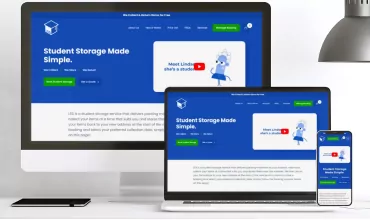Why choose PWA for your next Mobile Application Development?

Table of Contents
Today we are talking about a technology that helps you bridge the gap between the website and a mobile application. Yes, Progressive Web App is a website development technology that delivers the experience of a native mobile application. Emerging with the benefits of the websites and mobile apps both, PWA leaves their specific limitations far away.
The brands have used it too you know, and have experienced impressive rise in traffic and conversion rates as a result. Flipkart, after opting for PWA development for the business, saw 60% of users who had uninstalled the native Flipkart app return to use the PWA one. Pinterest users hang around 40% longer on the PWA version than on the native mobile app.
Native App Limitations which PWA can Overcome
Offline Mode Performance
Native mobile apps cannot work in offline mode and PWA offes that given its Application Shell Architecture. Moreover, PWA is better at faster application loading and has lower bounce rates than mobile app stats.
Search Ranking Visibility
PWAs are having better search engine visibility and are more SEO friendly once optimised. Native apps right now are in abundance and having extremely tough competition to get visible to the top on App Stores.
Limited or No Engagement
Your app may get buried in the depths of the app stores and users may not even use or make in-app purchases too. This engagement problem can be avoided by opting PWA development significantly.
Expensive Development
Budget friendly development is what most of the start ups prefer. At the same time, everyone is well aware of the risk of launching the fully loaded native iOS or native Android app directly. PWA is perfect for this purpose of targeting both Android and iOS users and delivering native app like UX.
Benefits of Progressive Web Apps
Phone Storage, Less is More
It is simple that sometimes we hate to download the app from an app store. A study shows that 25% smartphone users delete the apps because of the lack of phone storage capacity. Unlike the native mobile apps, PWA operates in a browser. This apparently eliminates the need of downloading the app on your mobile, however you can keep an app icon as a bookmark on your mobile home screen. Also with the fact that PWAs can save data on a user’s device in the cache, users stay up to date at all times, no matter how fast their internet connection.
Economic & Faster to Launch
All that PWA needs is good hands with HTML, CSS, and JavaScript. Whilst the native mobile app development from the scratch, whether in Android or iOS, requires specific technologies like Java, Kotlin, Swift, Flutter, etc., and toolkits like Android Studio, XCode, etc. That perhaps remains as the biggest advantage of PWA development that it represents as a single technology for both, the web and mobile platforms. The development cost is lesser and time to market is way faster than developing and launching a native mobile app.
Don’t Panic, It’s Reliable
Some of the eye catching traits of PWA development are based on its overall performance, which are to be fast, trustworthy, brilliant and interactive UX. Some or major credit should be given to Application Shell Architecture as it is responsible to deliver these traits regardless of whether the users are online, in poor network areas, or offline. That sounds perfect for lower data usage concerns.
Uninterrupted Offline Performance
Probably the most amazing and competitive feature of the PWA when compared to native app is that it delivers excellent offline performance. With Application Shell Architecture, the app mainly has two components or layers, Shell and Content. Shell represents the minimum app content to initiate the interface. Content includes the other dynamic parts of the app that need the internet. Shell caches the content to make it available for the users even in the offline mode.
Uncompromised & Native App Experience
Progressive Web Application development delivers the native app like experience in the terms of the look and feel of the app. This time, the credit goes to the JSON file, the web app manifest for PWAs. This makes it possible to store the progressive web app icons on a smartphone just like other native app icons. This increases more engagement towards the mobile users when compared to a simple website getting accessed through a mobile browser (via Safari, Yahoo, Google, etc.)
PWA is Here to Stay & Stand Tall
The more we talk, the more PWA continues to submerge the native app pep talk. In the coming years, if not days, we are embraced to see more browsers opt-in with support for progressive web applications. Have a brilliant business idea and wish to know if PWA technology is the right fit? Ask the team of experts at IndiaNIC!



